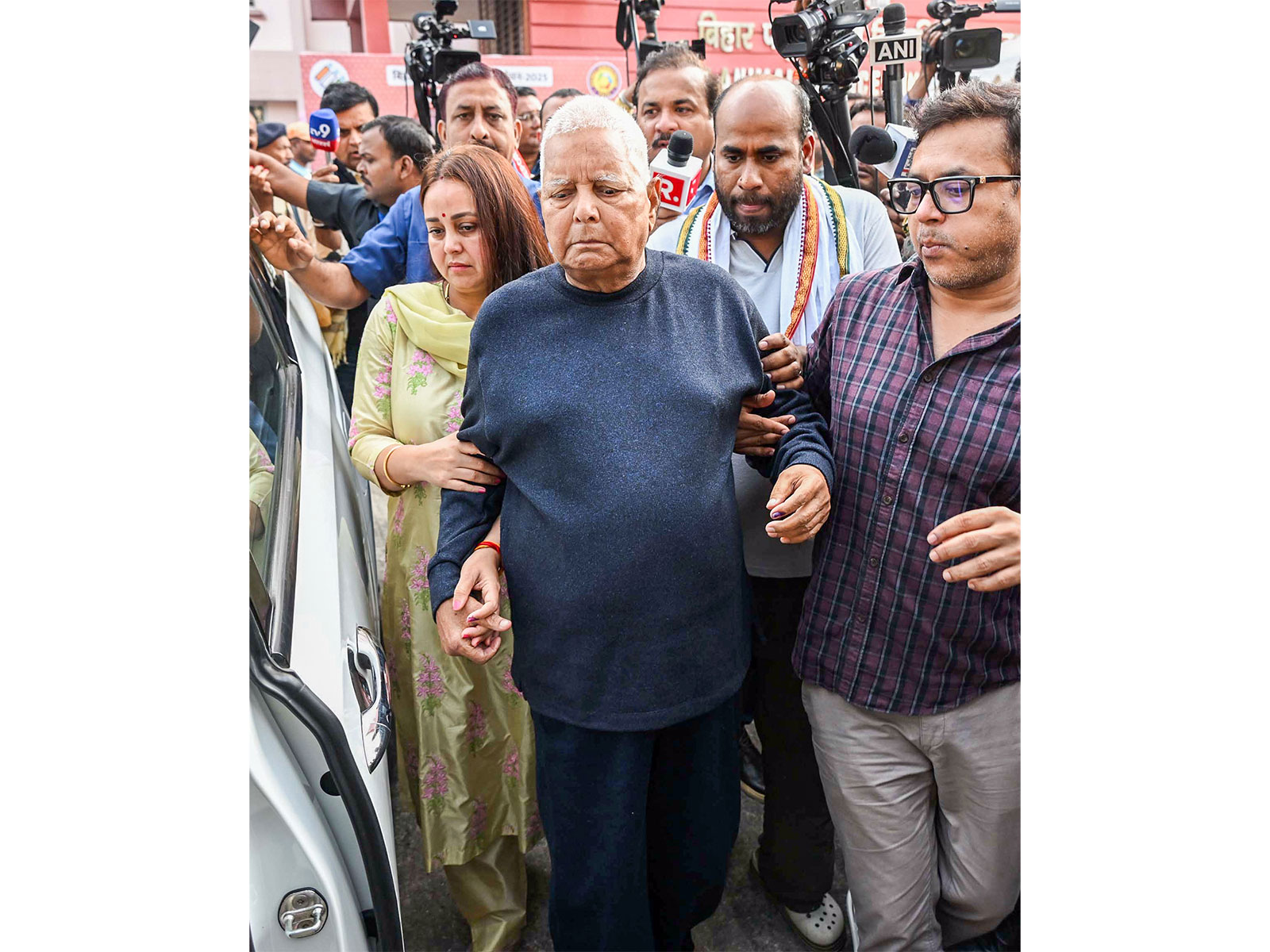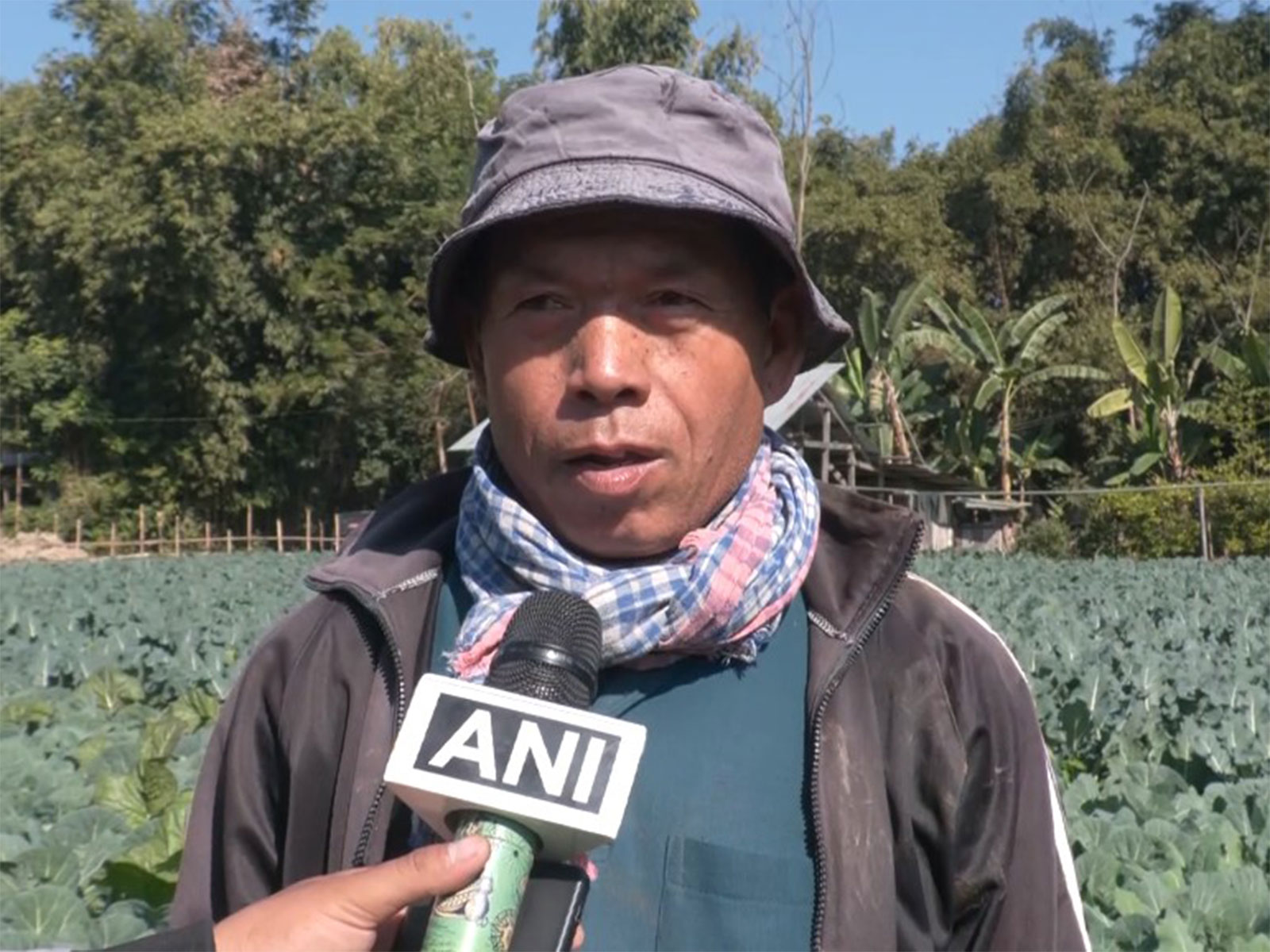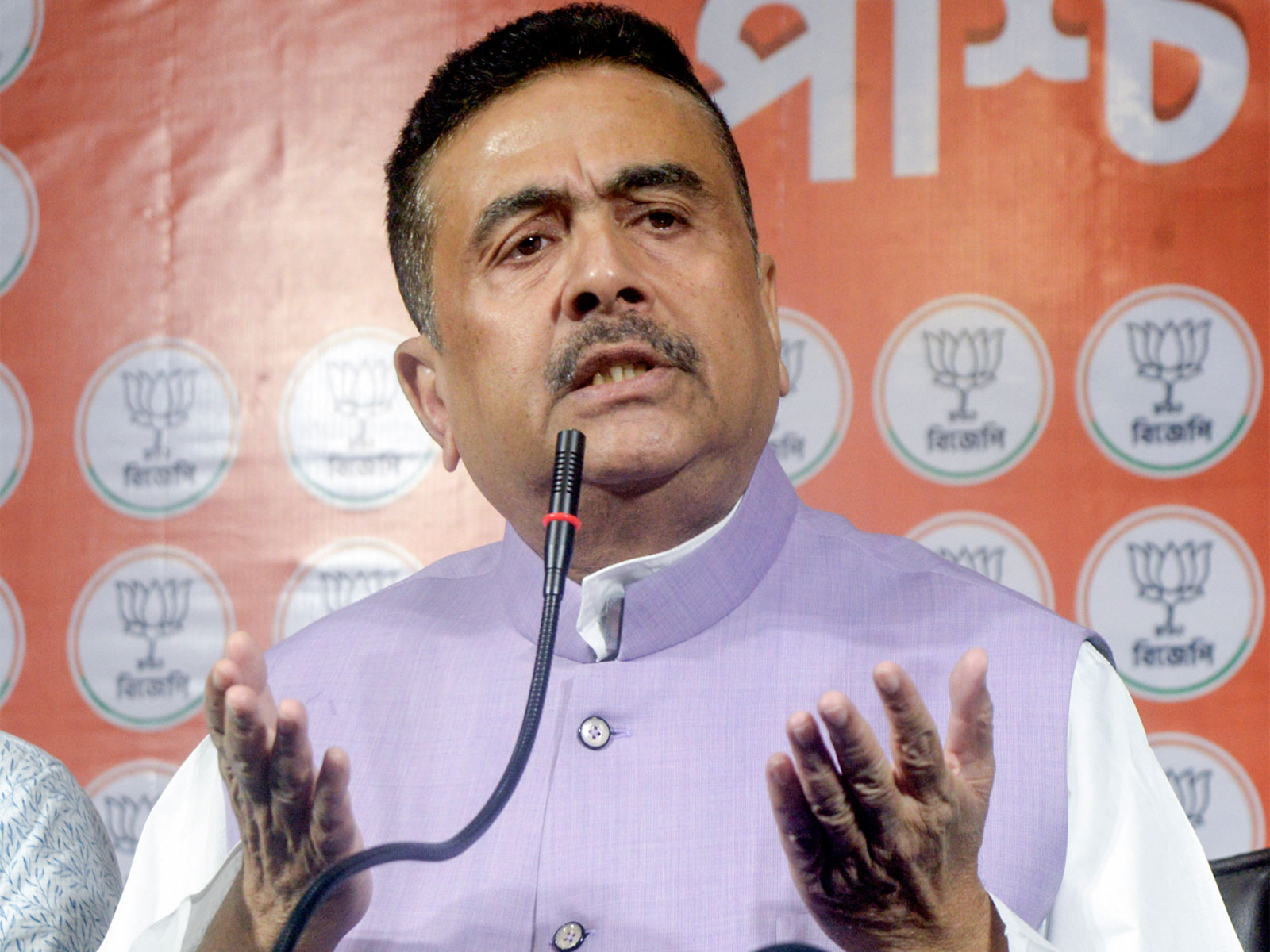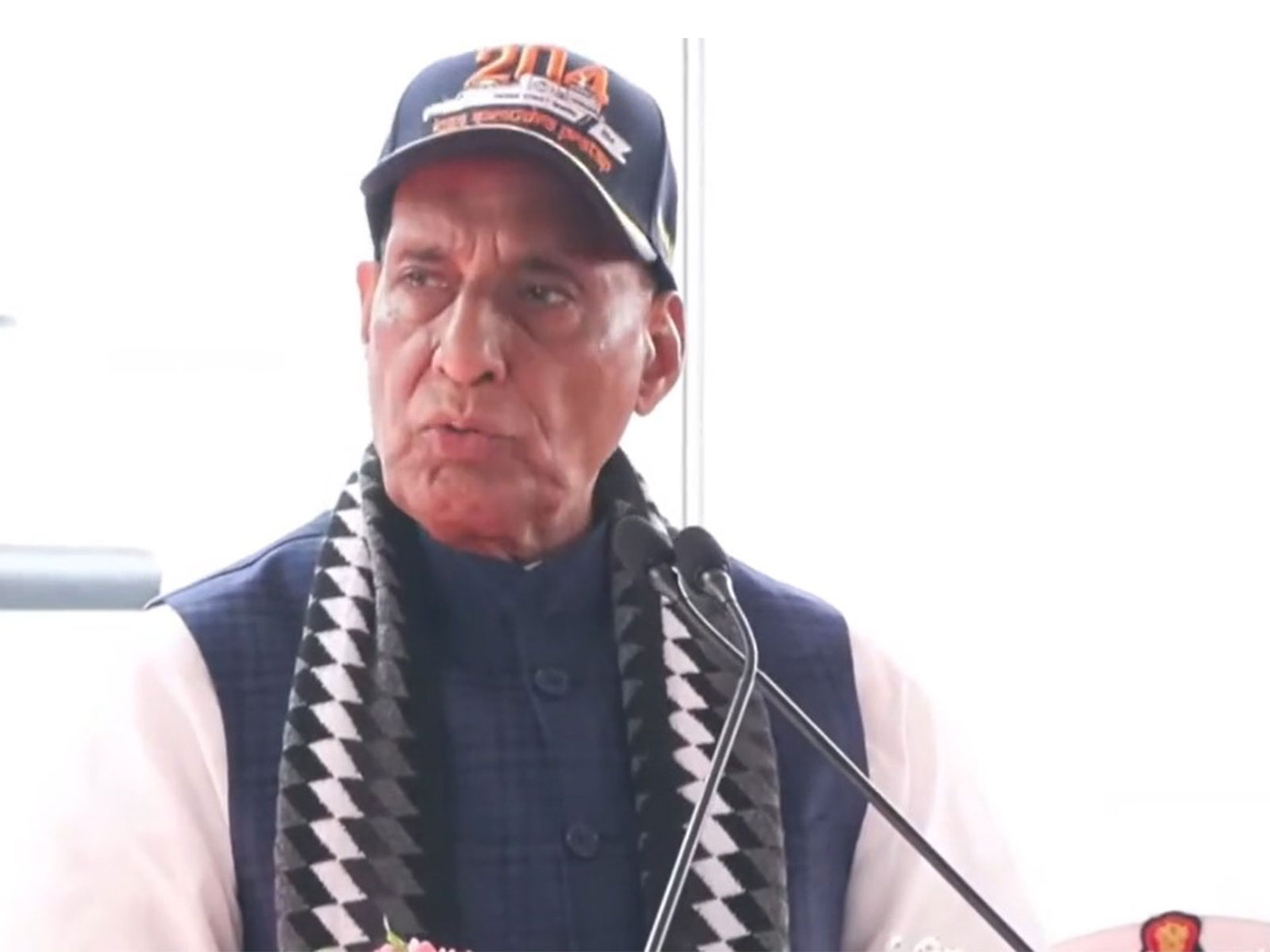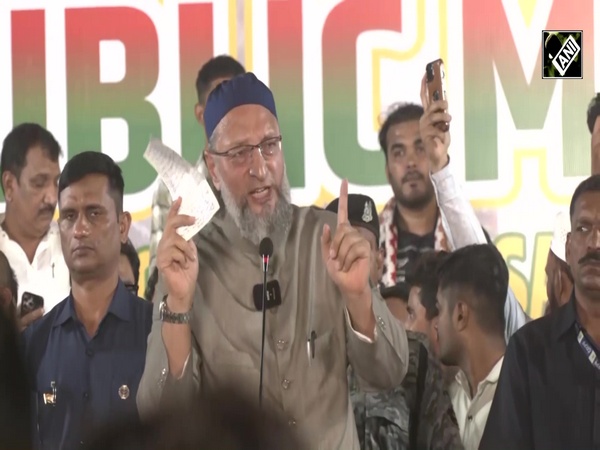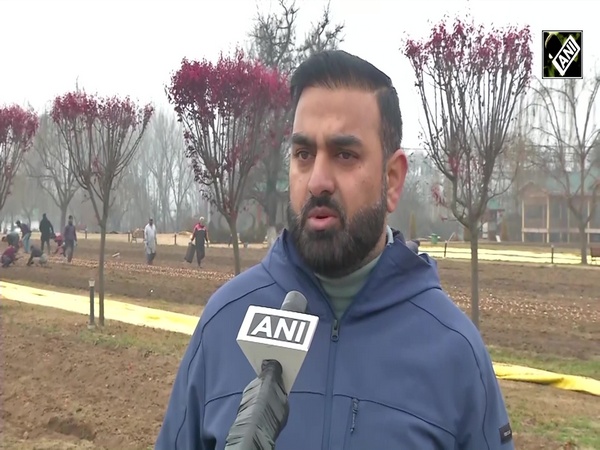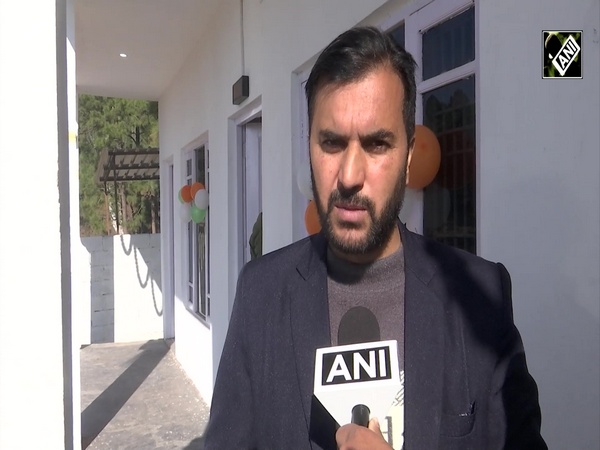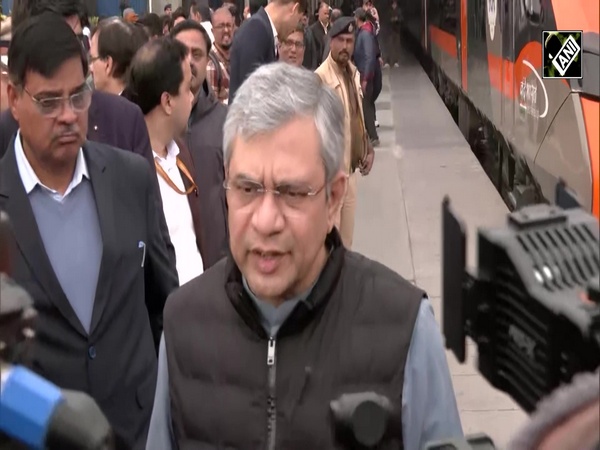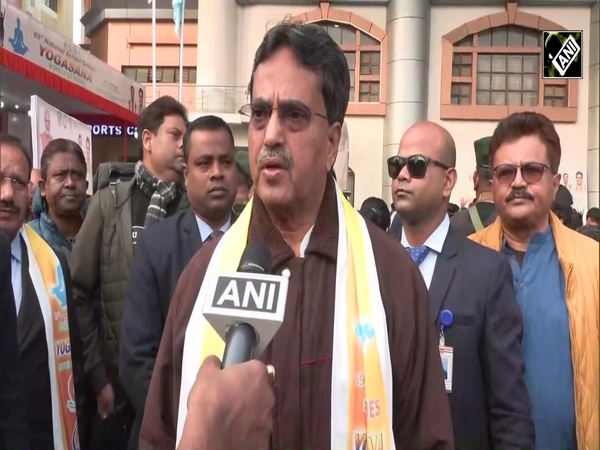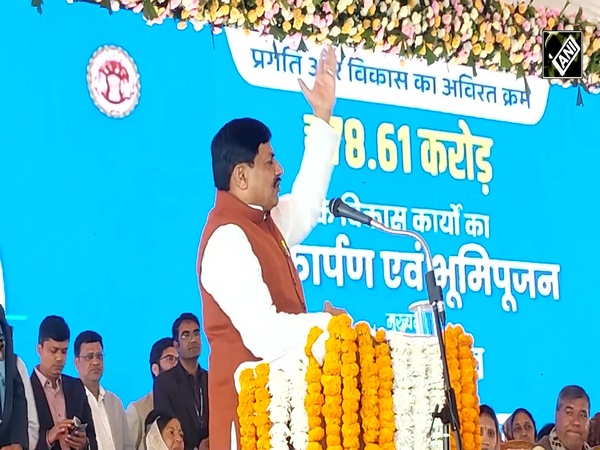Kerala's financial mismanagement can't be reason for interim relief against Union: SC
Apr 01, 2024

New Delhi [India], April 1 : The Supreme Court on Monday remarked that if the state has essentially created financial hardship because of its own financial mismanagement, then it can't be a ground for interim relief against the Union government.
A bench of justices, Surya Kant and KV Vishwanathan, made the remarks while declining to give any interim relief to the Kerala government over borrowing limits.
"If the State has essentially created financial hardship because of its own financial mismanagement, such hardship cannot be held to be an irreparable injury that would necessitate an interim relief against Union. There is an arguable point that if we were to issue an interim mandatory injunction in such cases, it might set a bad precedent in law that would enable the States to flout fiscal policies and still successfully claim additional borrowings," the court said.
"We find, prima facie, that there is a difference in the mechanism which operates when there is under-utilization of borrowing and when there is over-utilization of borrowing. The Plaintiff - State has not been able to demonstrate at this stage that even after adjusting the over-borrowings of the previous year, there is fiscal space to borrow," the court said.
"We find prima facie merit in the submission of the Union of India that after inclusion of off-budget borrowing for F.Y. 2022-23 and adjustments for over-borrowing of past years, the State has no unutilized fiscal space and that the State has over-utilized its fiscal space. Hence, we are unable to accept the argument of the Plaintiff at the interim stage that there is fiscal space of unutilized borrowing of either INR 10,722 crores as was orally prayed during the hearing or INR 24,434 Crores which was the borrowing claimed in the negotiations with the Union," the court said.
"On a comparative evaluation of the submissions, it seems to us that the mischief that is likely to ensue in the event of granting the interim relief will be far greater than rejecting the same. If we grant the interim injunction and the suit is eventually dismissed, turning back the adverse effects on the entire nation at such a large scale would be nearly impossible. Au contraire, if the interim relief is declined at this stage and the Plaintiff-State succeeds subsequently in the outcome of the suit, it can still pay the pending dues, maybe with some added burden, which can be suitably passed on to the judgment-debtor. The balance of convenience, thus, clearly lies in favour of the Defendant - Union of India," the court said.
"We may hasten to remind ourselves at this stage that according to the Defendant-Union of India, the Plaintiff-State is apparently a highly debt-stressed State that has mismanaged its finances. This statement, however, is strongly refuted by the State. According to the Union, the Plaintiff has the highest ratio of Pension to Total Revenue Expenditure among all States and requires urgent measures to reduce its expenditure," the court said.
"Instead of doing so, the Plaintiff is borrowing more funds to meet its day-to-day expenses such as salaries and pensions. Accordingly, Defendant has contended that the financial hardship is not attributable to the regulation of Plaintiff's borrowing and is actually a consequence of its own actions," the court said.
"Furthermore, the Defendant maintains that restriction on the borrowing is a step towards the betterment of fiscal health of the State because if such borrowings are not restricted, the Plaintiff's position will become more precarious, leading to a vicious cycle of deteriorating financial health and increased borrowing to repair the same," the court said.
"If the State has essentially created financial hardship because of its own financial mismanagement, such hardship cannot be held to be an irreparable injury that would necessitate an interim relief against Union. There is an arguable point that if we were to issue an interim mandatory injunction in such like cases, it might set a bad precedent in law that would enable the States to flout fiscal policies and still successfully claim additional borrowings," the court said.
In any case, the court cannot be oblivious of the fact that in light of Plaintiff's contention regarding pending financial dues, Defendant has already made an offer to allow additional borrowing, the bench noted.
"In a meeting dated 15.02.2024, the Defendant first offered consent for INR 13,608 crores, out of which INR 11,731 crore was subject to the pre-requisite of withdrawal of the suit, a condition that we disapproved of. Subsequently, in a meeting dated 08.03.2024, the Union offered consent for INR 5,000 crores. Further, vide circulars dated 08.03.2024 and 19.03.2024, the Union has accorded consent for INR 8,742 crores and INR 4,866 crores respectively, which comes to a sum total of INR 13,608 crores.
"Even if we assume that the financial hardship of the Plaintiff is partly a result of the Defendant's Regulations, during the course of hearing this interim application, the concern has been assuaged by the Defendant - Union of India to some extent so as to bail out the Plaintiff - State from the current crisis. The Plaintiff thus has secured substantial relief during the pendency of this interim application," the court said.
"To sum up, we are of the view that since the Plaintiff-State has failed to establish the three prongs of proving prima facie case, the balance of convenience and irreparable injury, the State of Kerala is not entitled to the interim injunction, as prayed for."
Meanwhile, the court referred the Kerala government suit to the five-judge bench and directed it to place the main case before the Chief Justice of India for the constitution of an appropriate bench.
The five-judge bench will deal with the substantial questions regarding the interpretation of the Constitution, including the true import and interpretation of the following expression contained in Article 131 of the Constitution: "if and in so far as the dispute involves any question (whether of law or fact) on which the existence or extent of a legal right depends"?
Does Article 293 of the Constitution vest a State with an enforceable right to raise borrowing from the Union government and/or other sources? If yes, to what extent such a right can be regulated by the Union government, the court raised the question to be dealt with by five judges.
Another question was: Can the borrowing by State-Owned Enterprises and liabilities arising out of the Public Account be included under the purview of Article 293(3) of the Constitution.
The fourth question that the five-judge will adjudicate is: What is the scope and extent of Judicial Review exercisable by this Court with respect to a fiscal policy, which is purportedly in conflict with the object and spirit of Article 293 of the Constitution?
"Since Article 293 of the Constitution has not been so far the subject to any authoritative interpretation by this Court, in our considered opinion, the aforesaid questions squarely fall within the ambit of Article 145(3) of the Constitution. We, therefore, deem it appropriate to refer these questions for pronouncement by a Bench comprising five judges," the court said.
